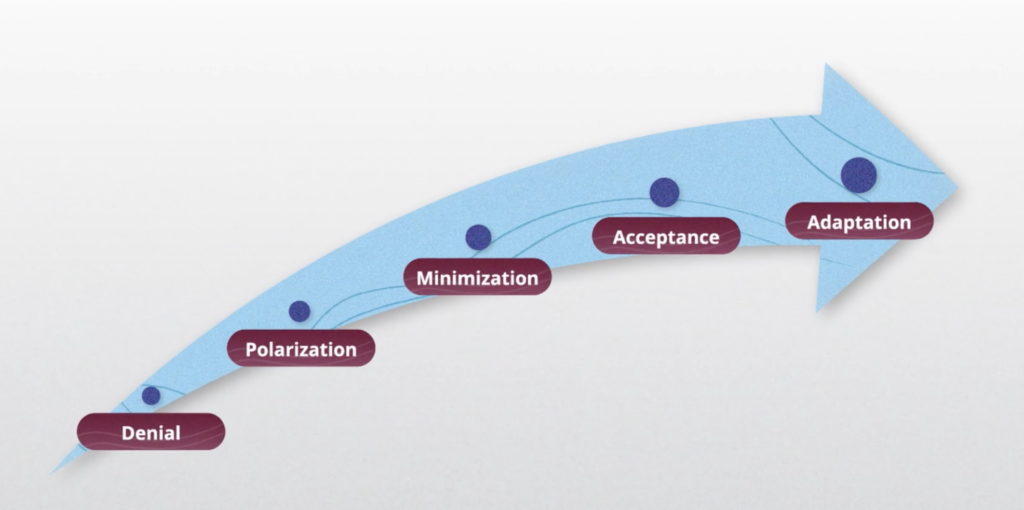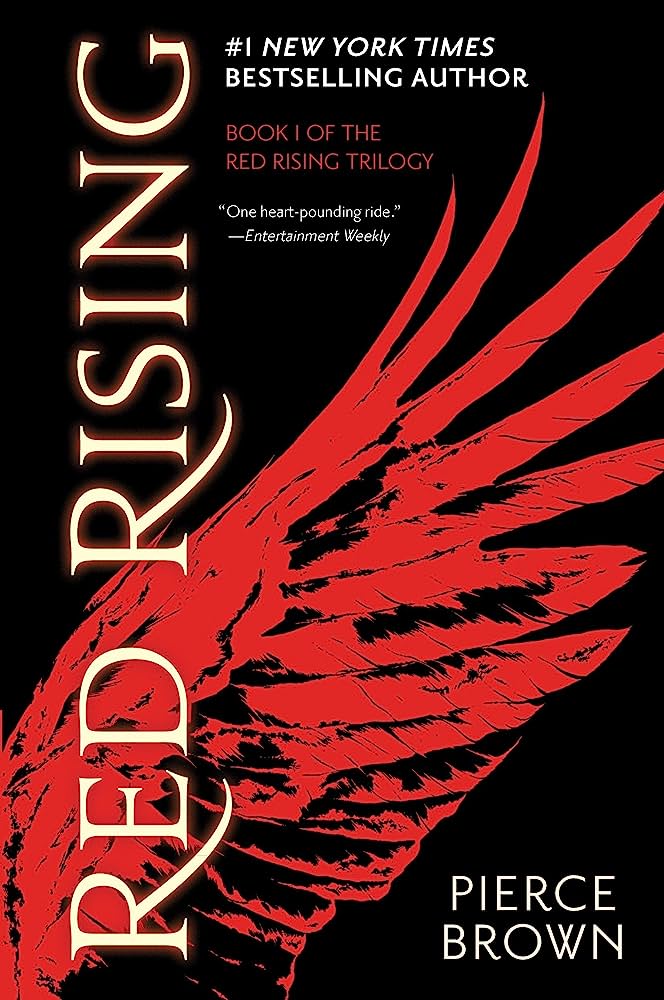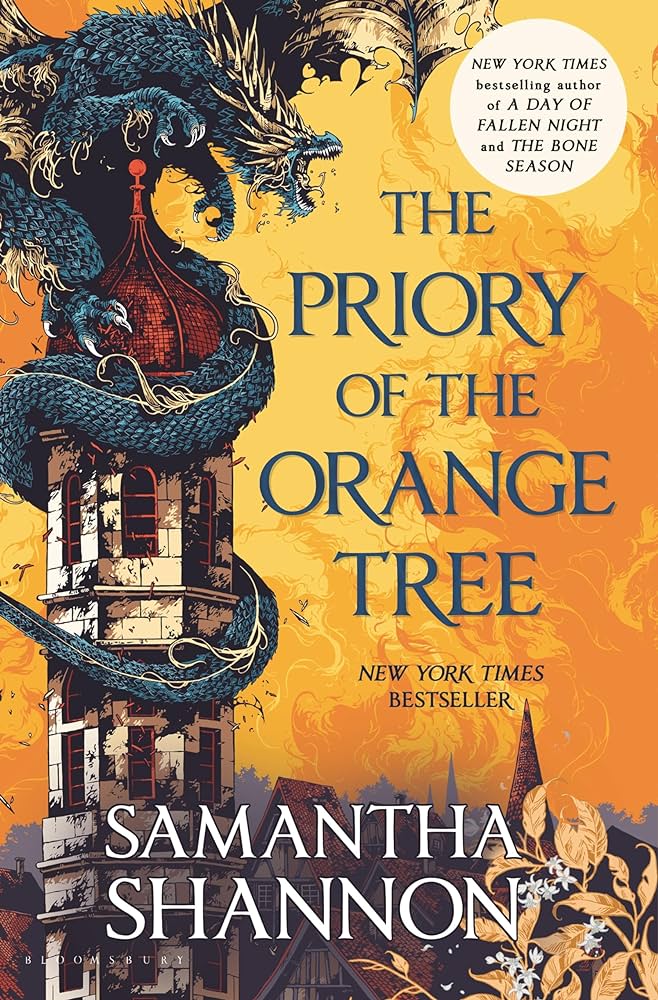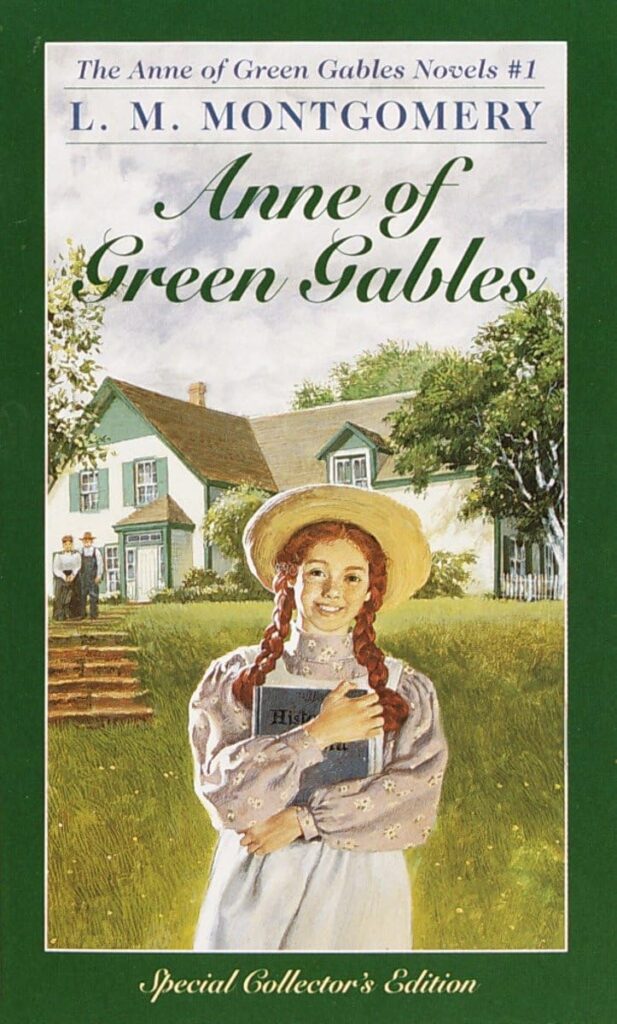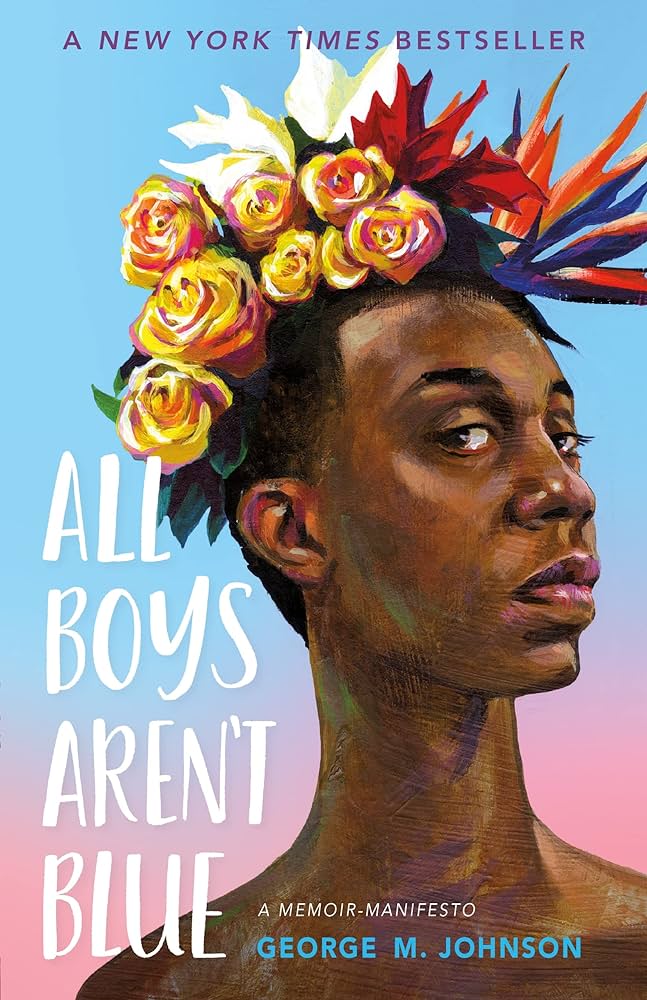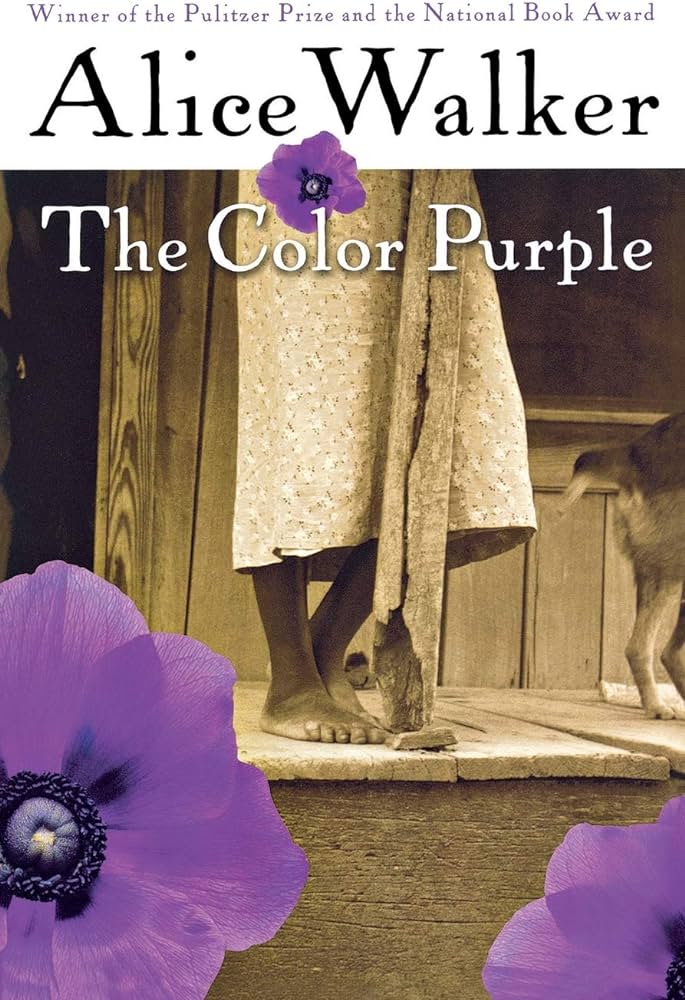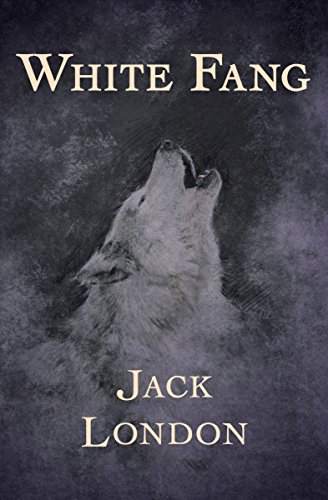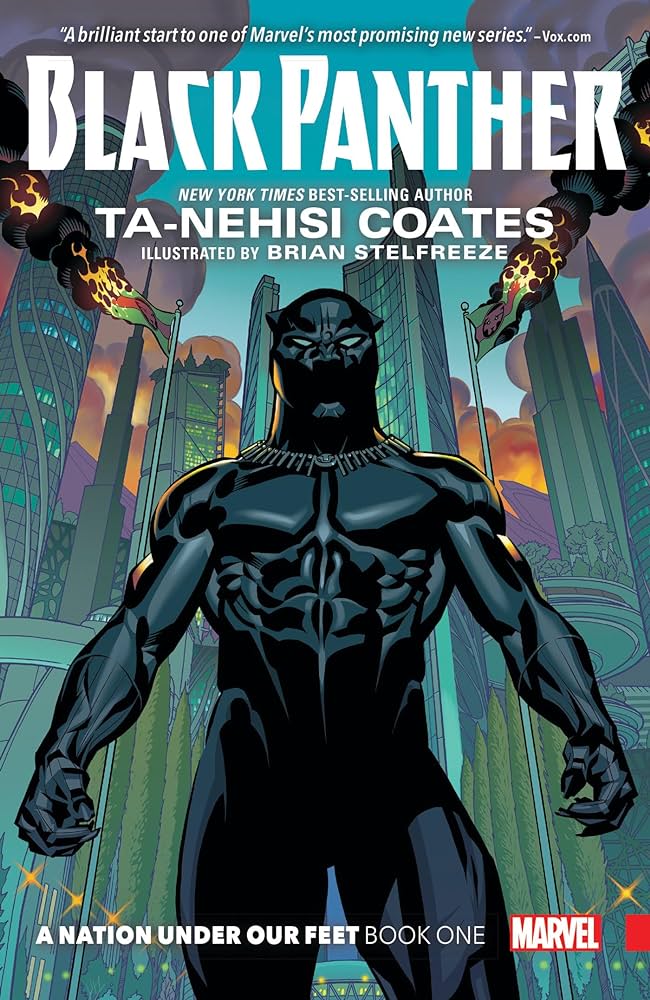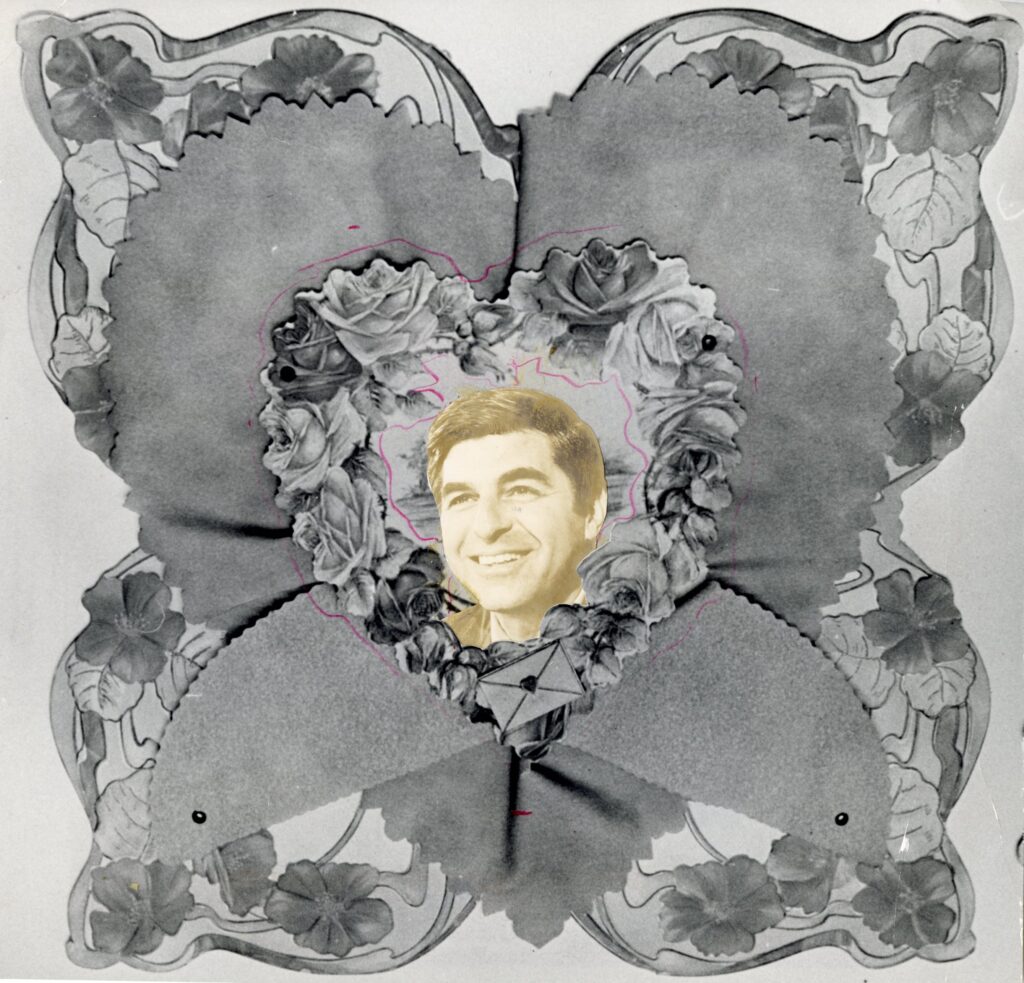Exploring Cultural Competence: Insights from Professional Development
One of my professional development goals this year was to develop and improve my cultural competency. Cultural competence is the ability to shift perspective and adapt behavior among cultures.
In support of this goal, I took two training courses that I’d recommend and like to share. The first one was the Association of Moving Image Archivists’ Cross-Cultural Competency Series, which consisted of three webinars given by Alanna Aiko Moore, Librarian for Sociology, Ethnic Studies, and Critical Gender Students at the University of California San Diego Library.
The first session was on Social Identity, Power Dynamics & Privilege. We learned about the role of power and privilege in the workplace and discussed some ideas of how those with more power can use it to create a fairer environment. Some ideas were mentoring, making introductions, practicing microaffirmations, and active listening.
A big part of cultural competency is the ability to understand your own cultural perspective. In this session, we did a poll on which identity we think about least. On top were immigration status, indigenous heritage, and religion. Moore suggested we might use these as guides for further reading and investigation.
The second session was on Organizational Culture, Bias, Microaggressions, and Allyship. We talked about some ways to disrupt bias. One is the implicit association tests from Harvard University. I had taken some of these before, but I got really interested in took most of them. I am using the results to guide my reading projects, particularly a goal to read more books by and about women in STEM.
The final session was Inclusive Recruitment & Retention Policies. Moore talked about some general frameworks: creating a consistent and structured process, be proactively person- and empathy-centered, committing to looking out for bias, and being wary of the notion of “fit.”
One example she gave was the job requirement of excellent written and oral communication skills as ableist. I asked about how to get at this when communication skills are important to the job. She suggested relating it to job responsibilities (for example, high quality customer service), or using a phrase like “ability to communicate effectively and knowledgeably across different mediums.”
Moore also suggested running job descriptions through the gender decoder tool. Some words are coded more masculine while others are coded more feminine. The research suggests that a feminine-coded job description will only have a slight effect on men but will encourage more women to apply.
Next, we talked about fostering a sense of belonging. One way to do this is the stay interview, which aims to supply a venue to understand more about how employees feel about the work, the organization, and their future. Some stay interview questions are:
- What are we not currently doing as an organization that you feel we should?
- What growth opportunities are of the most interest to you?
- What motivates you?
- If you could change something about your job, what would it be?
The second training was the Essentials of Cultural Competence Course offered by DeEtta Jones and Associates.
Jones talked about the benefits of diversity for business success. Multicultural teams outperform monocultural teams, but only if the team leader is culturally competent. The leader must understand the different cultural backgrounds of the team members and work to bring out the advantages of having different perspectives while navigating the challenges of a lack of shared cultural foundation.
I also had the opportunity to take a test called the Intercultural Development Inventory and have a one-on-one debrief session with a trained facilitator to unpack the meaning of the results and name potential areas for growth. The model outlines a development from a monocultural mindset to an intercultural mindset.
In denial, one doesn’t even see differences.
In polarization, one sees differences and judges it, sometimes in a defensive way, like “my culture is better than others,” and some in a reversal way, like “my culture is worse than others.”
Minimization is the most common attitude among white people in North America. Some examples of this mindset are:
- describing yourself as “colorblind.”
- treating everyone the same.
- believing that we live in a post-racial society.
While noble in intention, this can lead to minimizing differences and requiring people to perform the dominant culture.
In acceptance, one deeply understands differences, and in adaptation, one bridges across differences and is comfortable being in diverse cultures.
The discussion was great, and I created a cultural development plan with journaling and places to increase my knowledge. One of my key areas of growth was focusing on constructivist listening, which is the skill of creating space for others to share without immediately looking for communalities, trying to direct the conversation, or ignore differences. There’s nothing wrong with making connections through similarities, but it’s a matter of balance.
In continuing my explorations, I just finished the book The Culture Map, which discusses how cultures vary around the world on eight different continuums and gives tips for managing international teams.
